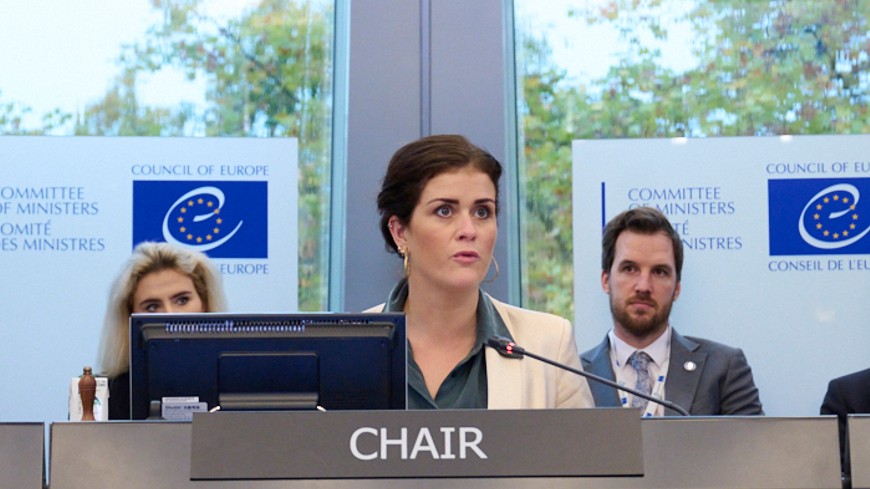The Council of Europe has published a summary of Iceland’s six-month Presidency of the Committee of Ministers, which came to an end on 17 May 2023 in Reykjavík at the 4th Summit of the Heads of State and Government of the Council of Europe.
Iceland took over the Presidency on 9 November 2022, building on Presidencies of Italy and Ireland to continue the crucial task of supporting Ukraine against Russia’s aggression, as well as rising challenges to human rights, democracy and rule of law across the continent. Since then, Iceland’s Presidency has organised over 50 events – including conferences, seminars, as well as cultural events, related to the core values of the Council of Europe and other priority areas of the Presidency such as environment, equality and children and youth – in Strasbourg, New York, Vienna and Reykjavík.
The Summit, held in Reykjavík on 16 and 17 May, was an historic opportunity for European leaders to reaffirm the common commitment to the Council of Europe’s core values, to strengthen the Organisation and its work in the field of human rights, democracy and the rule of law by, including by the adoption of the Reykjavík Declaration that included the Reykjavík principles for democracy, recommitment to the European Convention on Human Rights and developing tools to tackle emerging challenges in the area of technology and the environment.
The momentous decision was also taken at the Summit to establish the Register of Damage Caused by the Aggression of the Russian Federation Against Ukraine through an Enlarged Partial Agreement as a first step towards an international compensation mechanism.


